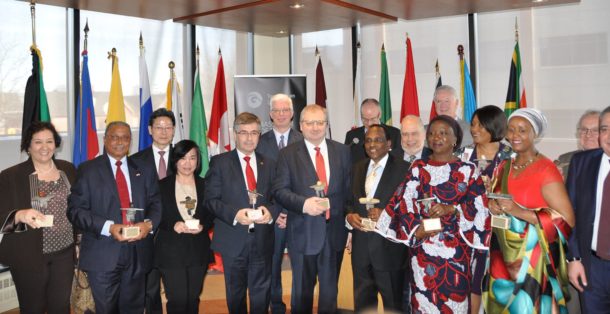Eugenia Pavlopoulou, neoskosmos.com image from amazon.com
image from amazon.com
A new book edited by Dr Michalis Michael is giving a sense of possibility to the resolution of the Cypriot issue, while examining the role of the Diaspora in the process
Excerpt:
“We all have a misplaced inflated idea, not just of ourselves but also of our products. I have no delusion of grandeur that this book is going to change how the Cyprus problem is handled,” says political scientist at LaTrobe University, Dr Michalis Michael, about the new book that he co-edited with his colleague Professor in the Department of Political Science and International Relations at the Eastern Mediterranean University, Yucel Vural.
While the above statement of modesty might be revealing of the qualities of Dr Michael’s character, it doesn’t do justice to the possibilities this book opens and the different approaches it offers on remodelling the dialectic process for the resolution of the Cyprus issue.
Cyprus and the Roadmap for Peace: A Critical Interrogation of the Conflict is a collection of essays written by the co-editors, academics of Greek and Turkish Cypriot background and ex politicians, heavily involved in the issue. …
[C]redit should … be given to the Cypriot Academic Dialogue [JB see] team and its’ [sic] role into aiding and supporting it. The Cypriot Academic Dialogue is an Australian academics’ initiative of the Centre of Dialogue at La Trobe University, that was embraced by scholars of Greek Cypriot and Turkish Cypriot background and was recognised by the Australian Department of Foreign Affairs for its immense diplomatic contribution. …
[Michal in an interview included in the article] "There is good work being done but it goes unrecognised and it is under-resourced. The Cypriot Academic Dialogue and I bring this not because we did it. It is the flagship of Australia’s public diplomacy [JB emphasis] on Cyprus. The Australian Government had adopted it as the most important thing they are doing. This is something that brought together Greek and Turkish Cypriot academics and they get on fantastically. They do not have these hung ups about ratio, how many Greek Cypriots are on the executive committee. It is about relationship building, they feel so at ease with each other. Diasporic contributions like this enrich the intracommunal dialogue and can be constructively positive." …







